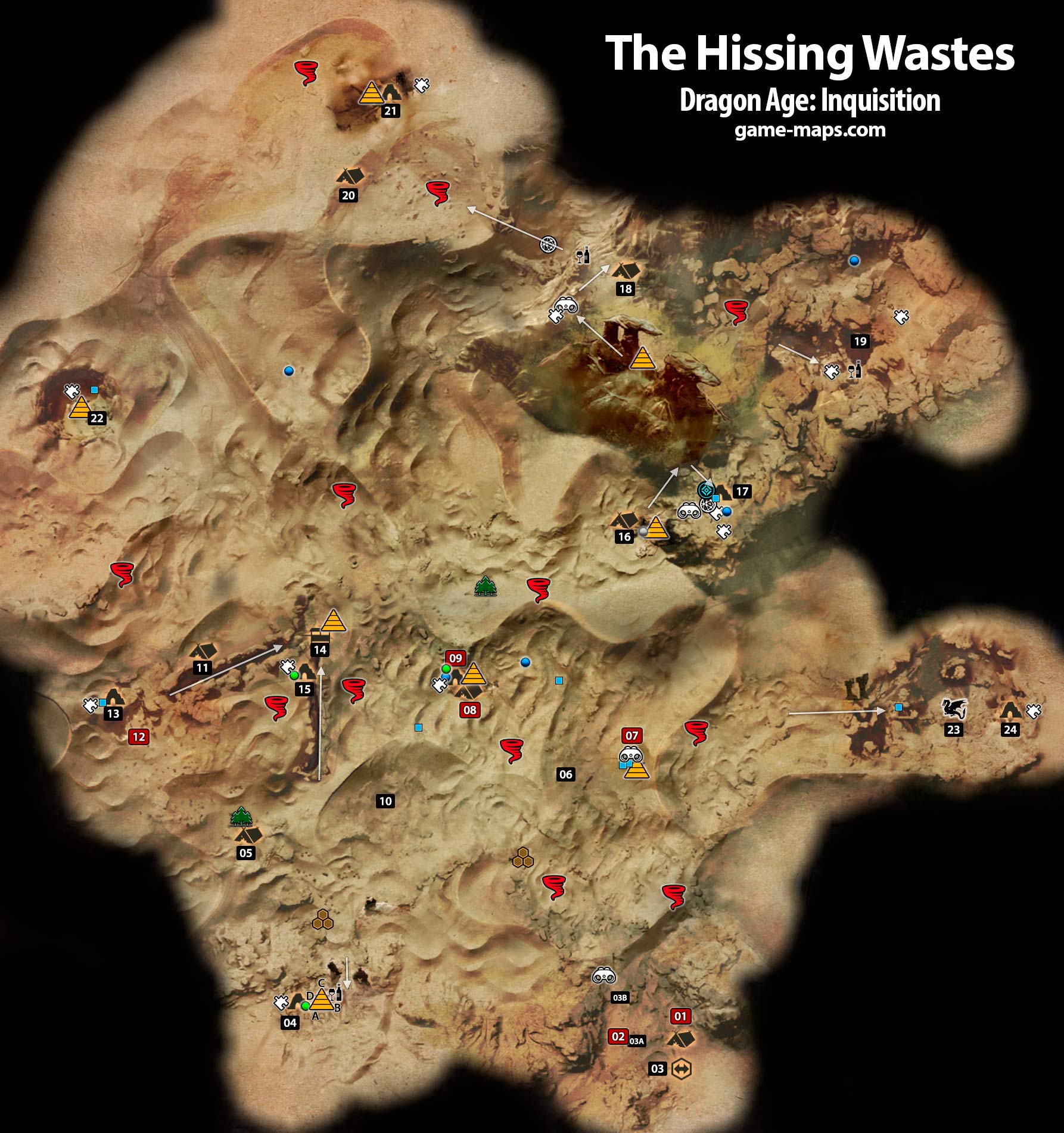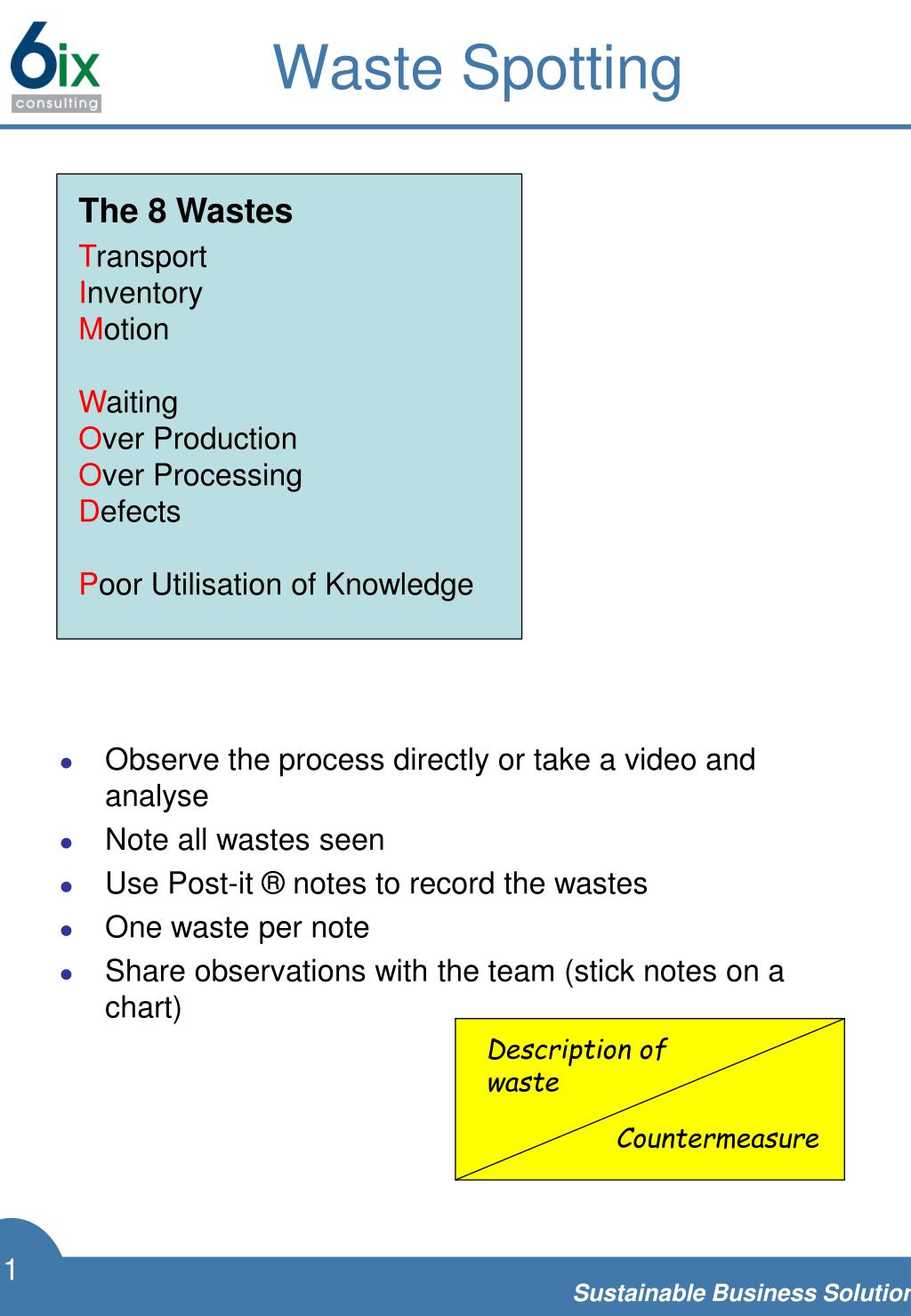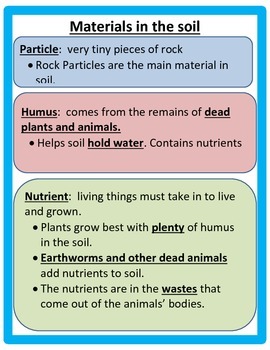Notes on the Wastes is a broad topic that can encompass a variety of different subjects and themes. In general, the term "wastes" refers to materials or resources that are discarded or not used efficiently, and this can include everything from solid waste and garbage to wasted energy and resources. In this essay, we will explore some of the different types of wastes that exist and the various ways in which they can be managed or reduced.
One type of waste that is often discussed is solid waste, which refers to the garbage and other discarded materials that are generated by households, businesses, and industries. Solid waste can include a wide range of items, such as packaging materials, food waste, paper, glass, metal, and plastic. In many parts of the world, solid waste is collected and taken to a landfill, where it is left to decompose or is incinerated. However, landfills can become overcrowded and create environmental problems, such as pollution and greenhouse gas emissions. As a result, there has been a push in recent years to adopt more sustainable waste management practices, such as recycling and composting, which can help to reduce the amount of waste that is sent to landfills.
Another type of waste that is often discussed is energy waste, which refers to the energy that is wasted or not used efficiently. For example, buildings and homes that are poorly insulated or have inefficient heating and cooling systems can waste a lot of energy, as can appliances and devices that use more energy than is necessary. Reducing energy waste can help to save money on energy bills and also reduce greenhouse gas emissions, which contribute to climate change. There are a variety of ways to reduce energy waste, including using energy-efficient appliances, sealing drafts in buildings, and implementing energy-saving practices in homes and businesses.
Water waste is another important area of concern, as water is a limited resource that is essential for life. Water waste can occur when water is used inefficiently or unnecessarily, such as when irrigation systems overwater plants or when taps are left running unnecessarily. Reducing water waste can help to conserve this vital resource and also reduce the strain on water treatment and distribution systems. Simple steps like fixing leaks, using drought-resistant plants in landscaping, and installing low-flow toilets and showerheads can all help to reduce water waste.
Finally, it is worth noting that waste can also refer to the waste of human potential and resources. For example, when people are not given the opportunity to reach their full potential or when resources are not used efficiently, it can be considered a waste. Ensuring that people have access to education and job training, and that resources are used in a sustainable and efficient manner, can help to prevent this type of waste.
In conclusion, the topic of wastes is a complex and multifaceted one, encompassing everything from solid waste and energy waste to water waste and the waste of human potential. By understanding the different types of wastes and the ways in which they can be reduced or eliminated, we can work towards a more sustainable and efficient future for all.









